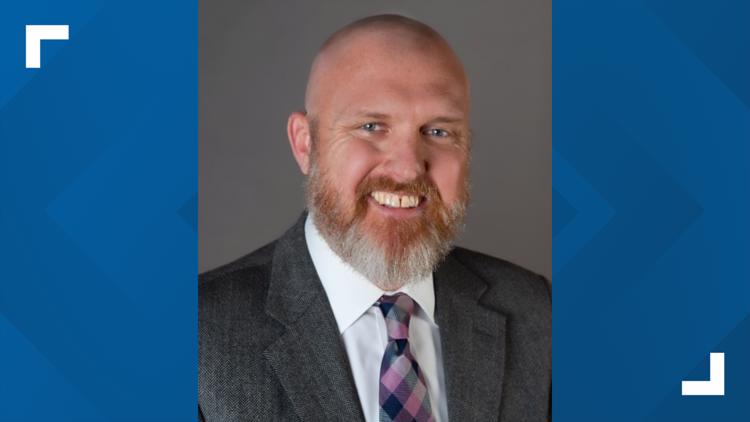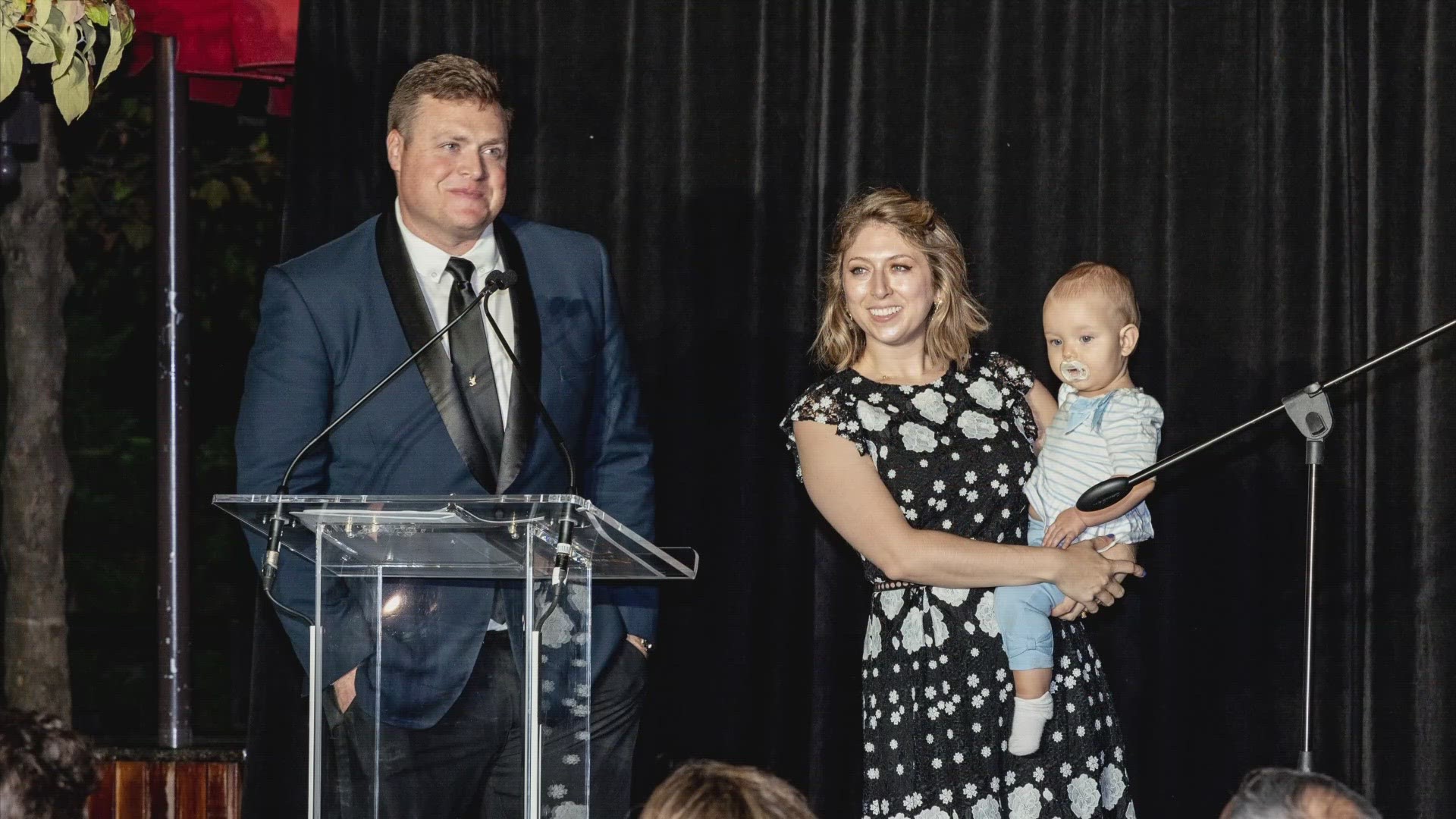DALLAS — We asked Chad Frymire, the Director of Public Policy for Dallas CASA, to explain the role of male advocates and the importance of volunteering with Dallas CASA.
Here's what he had to say!
Share a little bit about your background.
I have been working with children and in the nonprofit space for many years. I started out after college teaching English all around the world. That led me into some work with Big Brothers, Big Sisters in San Antonio and Dallas. Then about 15 years ago, I joined Dallas CASA, which I've absolutely loved, and have been doing things in child welfare ever since. I also do a lot of work in human trafficking through my position as board chair of the North Texas Coalition Against Human Trafficking. Unfortunately, many foster youth get caught up in sexual exploitation while in care. On a personal side note, I've adopted a child out of foster care, my sister’s child. So, I've got a deep connection with the foster care system - both in my personal life and my professional life.
How have the things in your life helped you navigate the world you're in right now?
A lot of what we do in this business is all about passion for children and building relationships. It's not just Dallas CASA in this fight. There are many different players in the court system, the judiciary, attorneys, Department of Family and Protective Services, many different partners and nonprofits that all come together and have to fight this fight for child protection.
Do you see the need for more men advocates?
Absolutely! We have about 1,500 volunteers who advocated for over 3,100 children in Dallas County last year. That's a huge number. In fact, we're the largest non-profit CASA program in the United States so there's a lot on our plate. Over 50% of the children we serve are male, but only 17% of our advocates are men. We want to close that gap and improve that percentage. What we're looking for is men in our community to step up and support these kids, care for these kids and fight for the best interests of these kids in the Dallas County court system.
We feel that, if you have a boy or youth in the system, that it's super important for them to be able to see somebody that looks like them, talks like them and be a voice for them. For too many of these boys, there may have been men in their pasts who they could not trust. So many of our cases are kids who are growing up in single family households with just the mother so having that male to guide them and be a positive role model is crucial in the life of that child. I've spoken to many former foster kids who had male advocates. They look back on that time and they describe how important it was to have that person in their lives when they were in foster care. We've got amazing, wonderful female advocates and we've found that they are sometimes the most crucial person that nudges that significant other or husband into the advocate role. So, ladies, step up and ask your husbands, boyfriends or work colleagues. Tell them about CASA and let them know the importance of what they can do in the courts to change a child's life forever.
What is the role of an advocate?
Judges appoint Dallas CASA volunteers to advocate for the best interests of children who have been abused or neglected, helping these children gain safe, permanent homes as quickly as possible. Dallas CASA exists so that children in protective care have the chance to become successful adults. With the help of caring advocates, the cycle of abuse and neglect can be broken.
Describe the Men of CASA initiative.
Many children in foster care have suffered a lack of male care and guidance in their lives. Many do not have fathers to guide them and show them what a good man is. These children need to experience the positive presence of safe men.
Boys in particular need positive male role models. Younger boys in the child welfare system rarely see healthy male role models who can help make sure their needs are met and their voices are heard. Teenage boys frequently age out of the foster care system without finding permanent homes or family connections that will help them become productive adults.
Our goal with Men of CASA is to grow our male volunteer base and spread the word about the critical importance of male role models for our youth.
What is the time commitment to become a volunteer?
Time commitment varies case by case depending on the complexity and the number of children in a sibling group. After initial training of 30 hours, an advocate should expect around 5-20 hours per month to be a successful advocate.
How long is a CASA volunteer paired with an individual or sibling pair?
The goal for a case closure is one year. However, if permanency for the child is not decided upon after one year, the case can go on longer until a viable solution is found. About 40% of our cases end within a year; about 40% end within 18 months and the other 20% can go on longer.
If you have any questions or would like to become involved with Dallas CASA, please click here.



